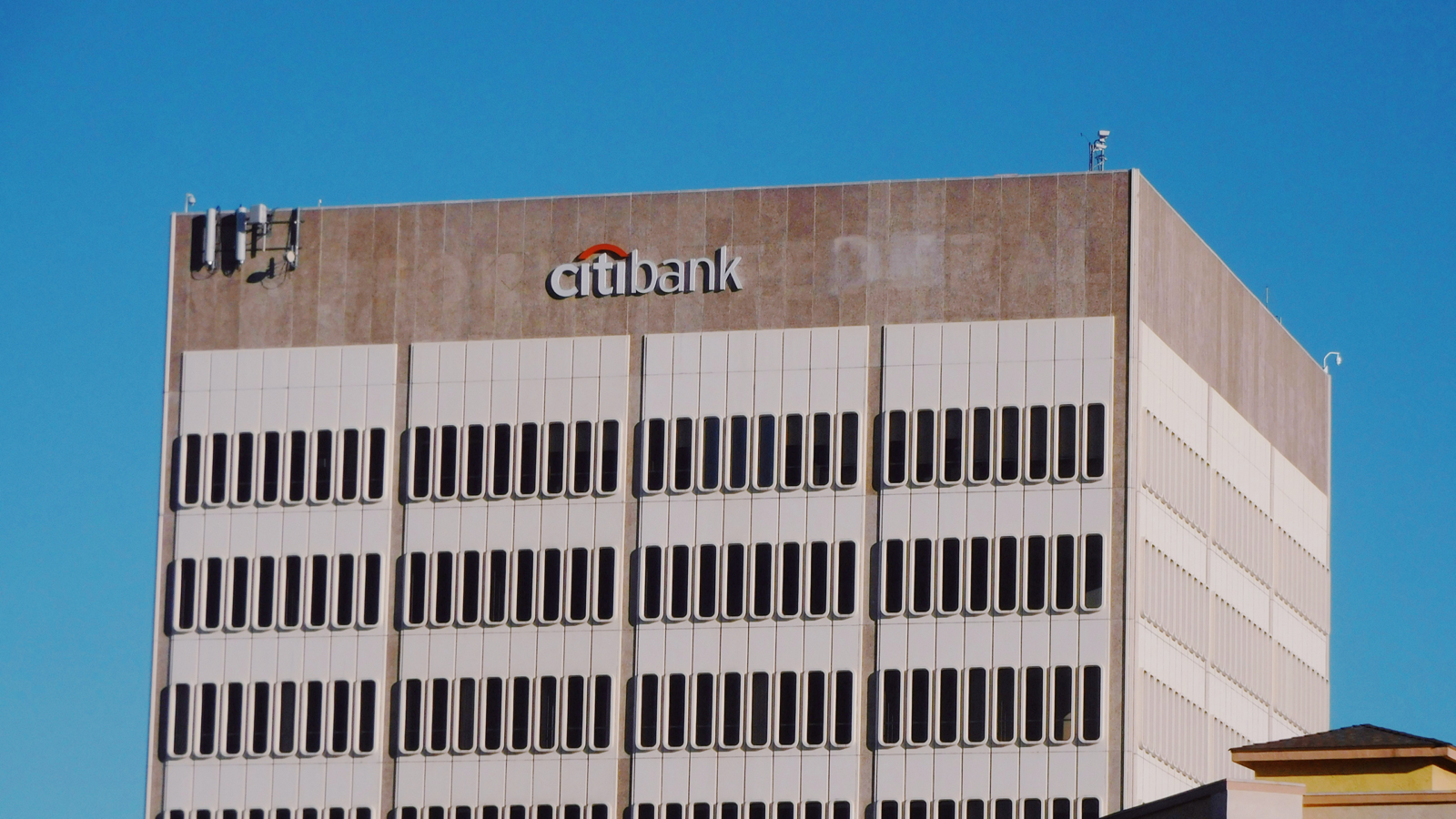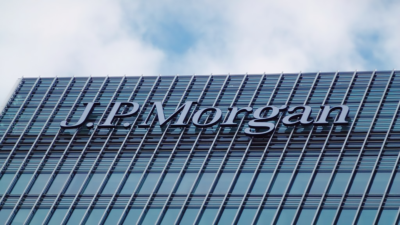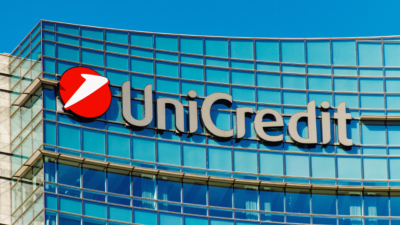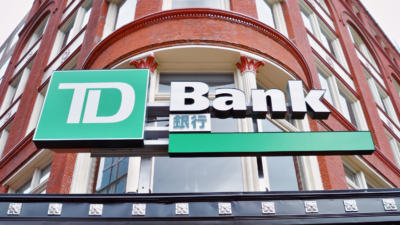UBS Mulls a Massive Cost-Cutting
The slow integration of Credit Suisse has only exacerbated existing problems with UBS’s asset management unit.

Sign up for smart news, insights, and analysis on the biggest financial stories of the day.
UBS is having severe indigestion problems.
It’s been about a year since the Zürich-based financial giant somewhat begrudgingly agreed to acquire beleaguered compatriot Credit Suisse as part of a state-sponsored rescue plan, and it’s still struggling to figure out what to do with its costly new toy. One thing seems clear, according to a Reuters report on Thursday: UBS wants to cut costs. A lot of them.
Deep Cuts
There have been upsides to the Credit Suisse acquisition. In many Swiss markets, the bank now has a double-digit market share, according to a domestic banking industry review by Switzerland’s Competition Commission (of course, this may present its own issues if the agency seeks regulation). But otherwise, Credit Suisse has mostly been agita. In its recently published 2023 annual report, UBS said it “achieved underlying profitability in 2023, despite the fact that Credit Suisse was, and remains, structurally loss-making.”
In particular, the slow integration of Credit Suisse has only exacerbated existing problems with UBS’s asset management unit — with both parts of the business now expected to face cuts:
- While the acquisition of Credit Suisse swelled the asset management unit’s invested assets to $1.6 trillion at the end of fiscal year 2023 compared to $1.1 trillion a year before, operating expenses last year leapt by 35%, and underlying profit before tax fell 5%. Also of note: the unit saw net outflows of $12 billion in the fourth quarter, a significant blow for an industry typically reliant on ever-increasing scale.
- It’s why the bank is now looking to cut some $300 million in costs in the unit, sources told Reuters, which is likely to include layoffs of back-office staff who came to the company with Credit Suisse.
Overall, the bank’s goal is to reduce the unit’s cost-to-income ratio from around 80% to 70% by 2026.
Caviar Crowd: Sources also told Reuters that parts of the asset management division could be folded into the bank’s wealth management unit, which powers much of the company. Last year, wealth management generated over half of UBS’s revenue, while asset management drove just 7%. In this instance, wealth makes health.











